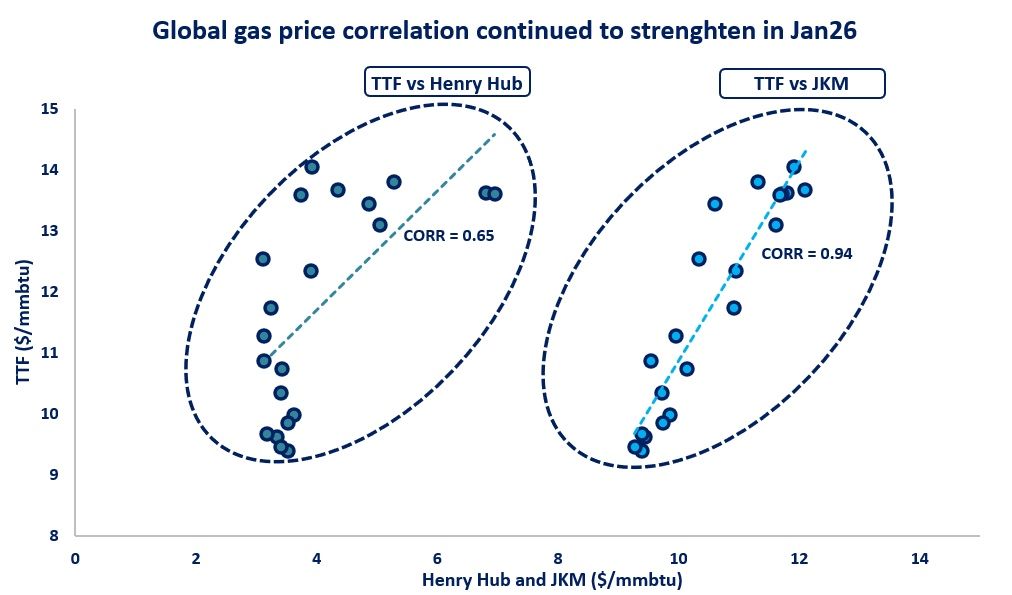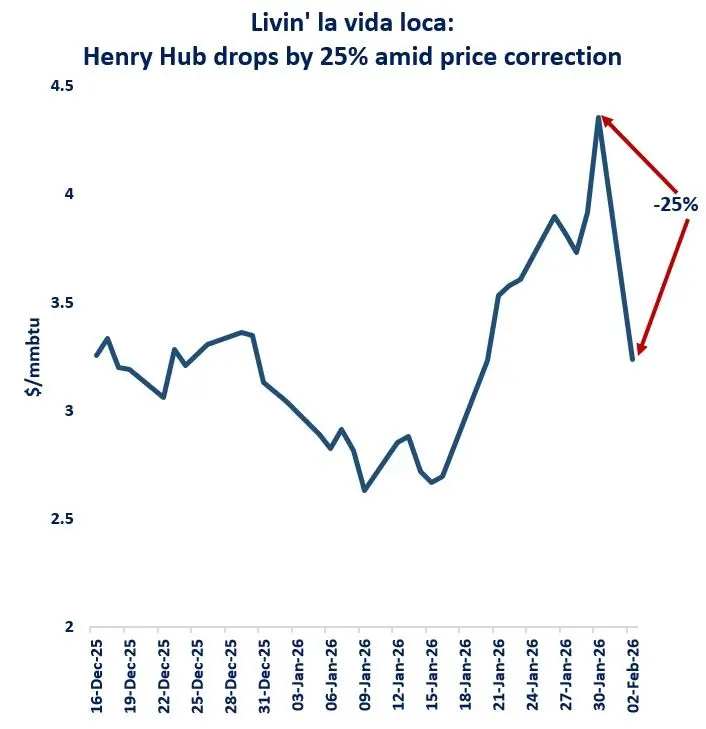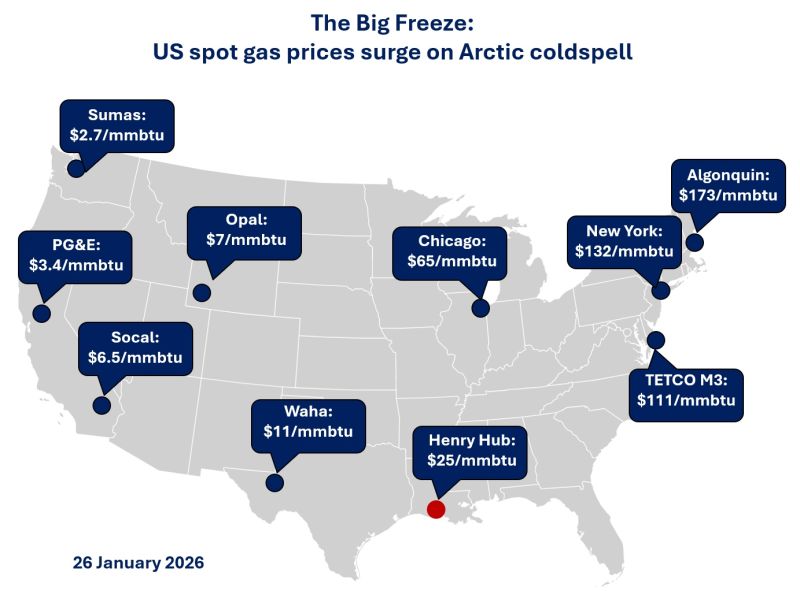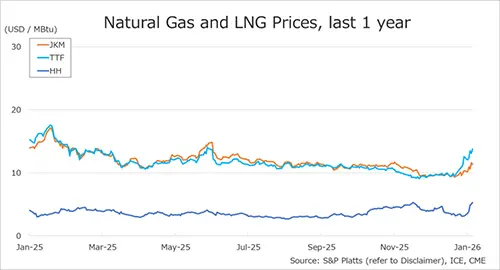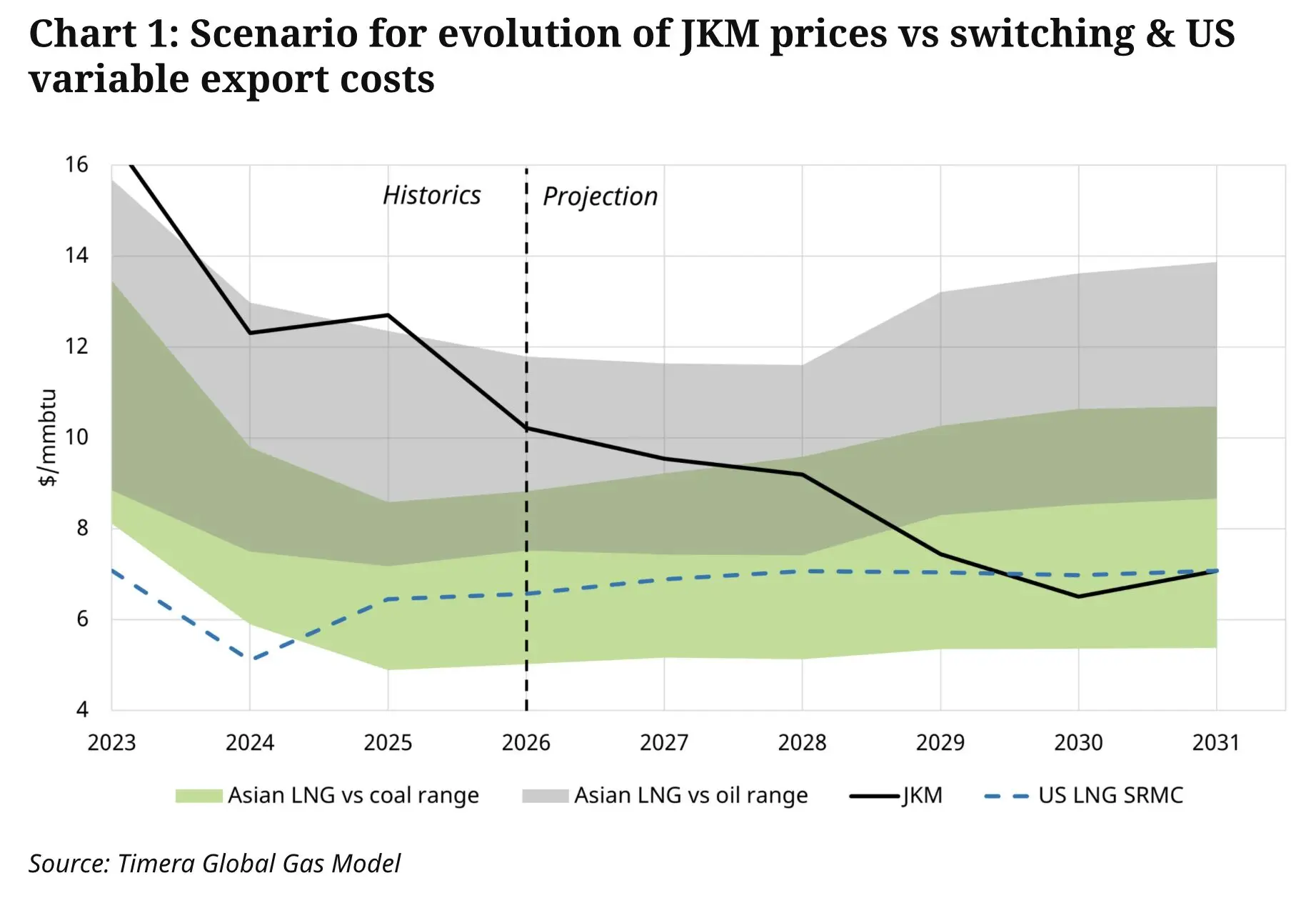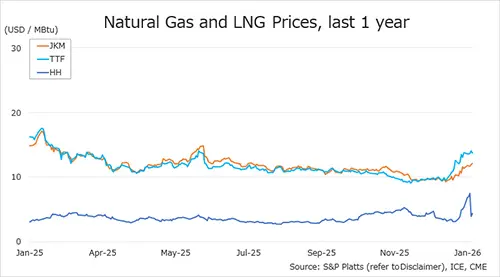

While arbitration has historically been the preferred dispute resolution mechanism in the oil and gas industry, 2023 saw a sharp uptick in arbitrations being initiated in the LNG industry.
Increased investment coupled with new and changing regulatory oversight is likely to lead to more energy disputes in 2024.
The number of LNG-related disputes are expected to increase this year in light of the substantial pressure on the global energy market caused by the Russian invasion of Ukraine, resulting in serious disruption and price volatility in the LNG industry.
Some commentators have speculated that the increase in LNG spot prices since 2022 has led LNG producers to consider whether it is more profitable to terminate or refuse to perform on long term supply agreements and instead sell LNG on the spot market, and a number of disputes have arisen this past year highlighting that potential incentive.
one important area for potential LNG disputes in 2024 relates to environmental impacts
For example, in May 2023, Edison SpA (“Edison”) launched proceedings against U.S.-based Venture Global LNG (“Venture Global”) for failure to deliver LNG at the Calcasieu Pass facility in Cameron Parish, Louisiana pursuant to a long-term supply agreement entered into in 2017, in connection with which no shipments have yet been made.
According to allegations made by Edison and other customers (including BP, Repsol, and Shell) that have since initiated separate arbitrations against Venture Global, Venture Global failed to supply LNG under its pre-existing long-term agreements, instead opting to sell to different customers at higher prices through spot contracts.
In response, Venture Global has argued that formal commercial operation of the plant has been delayed due to “extensive repair” to the power supply facility. In an unprecedented call for action, in November 2023, BP and Shell wrote to the EU-US Task Force on Energy Security to intervene in the dispute, alleging that Venture Global’s “opportunistic” conduct is “exacerbating an energy crisis affecting the lives of European citizens.”
Repsol is also pursuing a claim against Venture Global before the U.S. Federal Energy Regulatory Commission, and earlier this year attempted (unsuccessfully) to obtain documents relating to operations at the Calcasieu Pass facility through regulatory proceeding mechanisms. BP also announced that it filed a similar request.
The rising price of LNG has also had a significant impact on domestic regulatory policies. The increase in prices has, for example, led Australian producers to export larger quantities of LNG, which in turn resulted in the Australia Government proposing reforms to the Domestic Gas Security Mechanism (“ADGSM”) in April 2023 that would allow government control of the export of LNG so as to meet domestic demand.
If Australia is successful in implementing this mechanism in 2024, it may have further effects on LNG supply and prices worldwide, as well as consequences for Australia’s trading partners and foreign investors, potentially leading to new arbitration proceedings initiated under investment instruments or contractual arrangements.
Finally, one important area for potential LNG disputes in 2024 relates to environmental impacts. Although LNG has been heralded as an important tool in counterbalancing natural gas shortages across Europe, it has also come under scrutiny for its alleged climate change impact.
For example, in March 2023, a United States investor brought a North America Free Trade Agreement (“NAFTA”) legacy claim against Canada arising from a 2021 decision by the Province of Quebec to terminate construction of an LNG pipeline project allegedly worth US $14 billion8 on the basis that the project was expected to have significant negative environmental effects.9 It will be interesting to see if environment-related LNG disputes lead to commercial or investment arbitrations in 2024.
Source: Cleary Gottlieb Steen & Hamilton LLP

